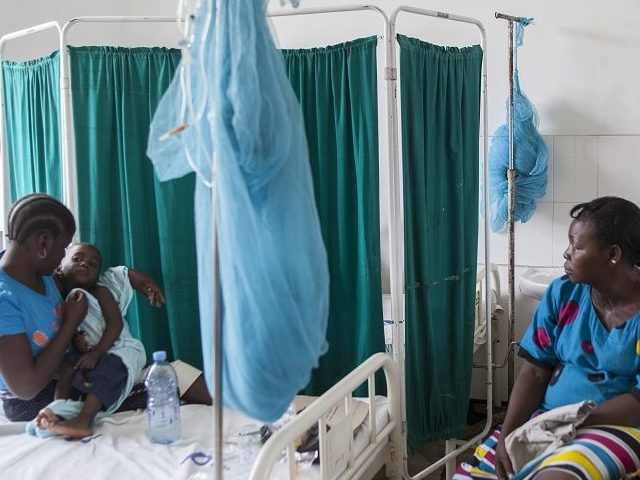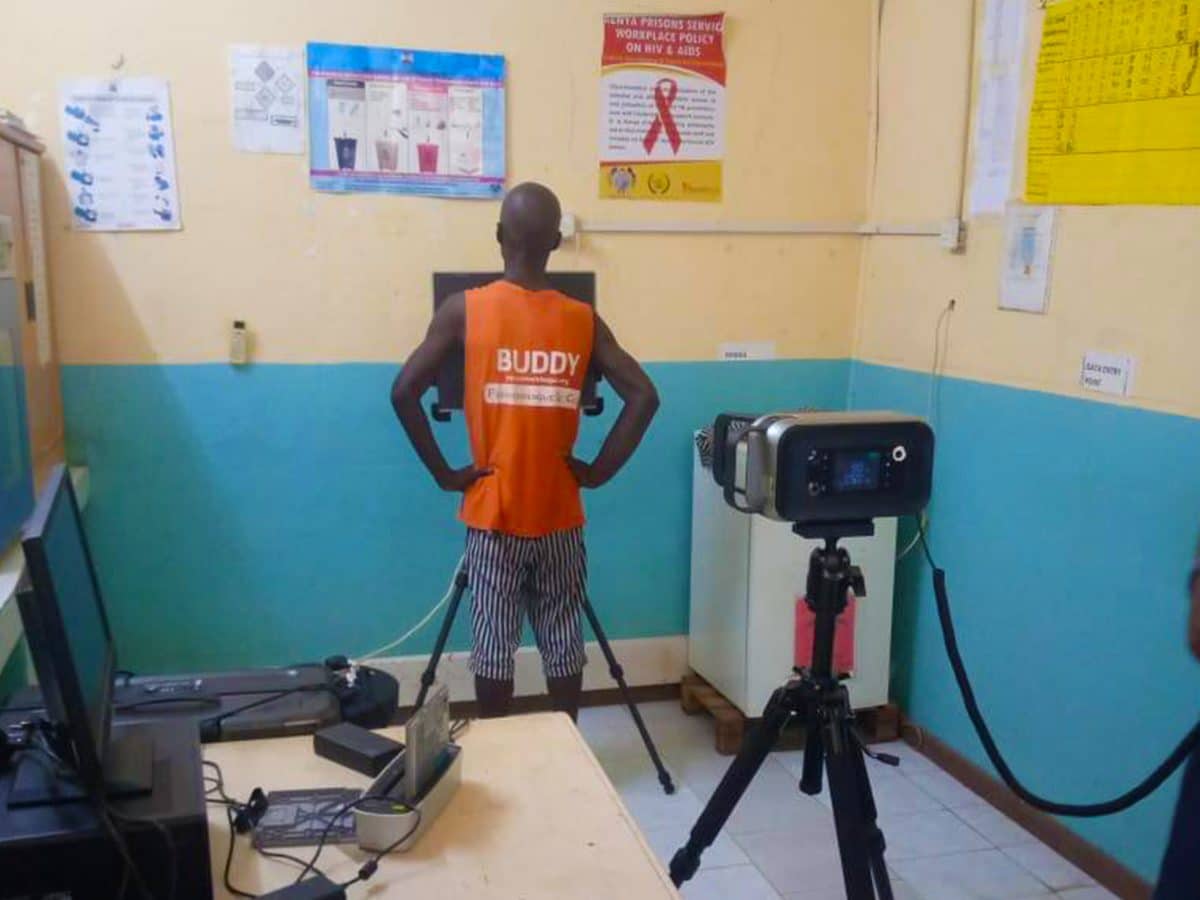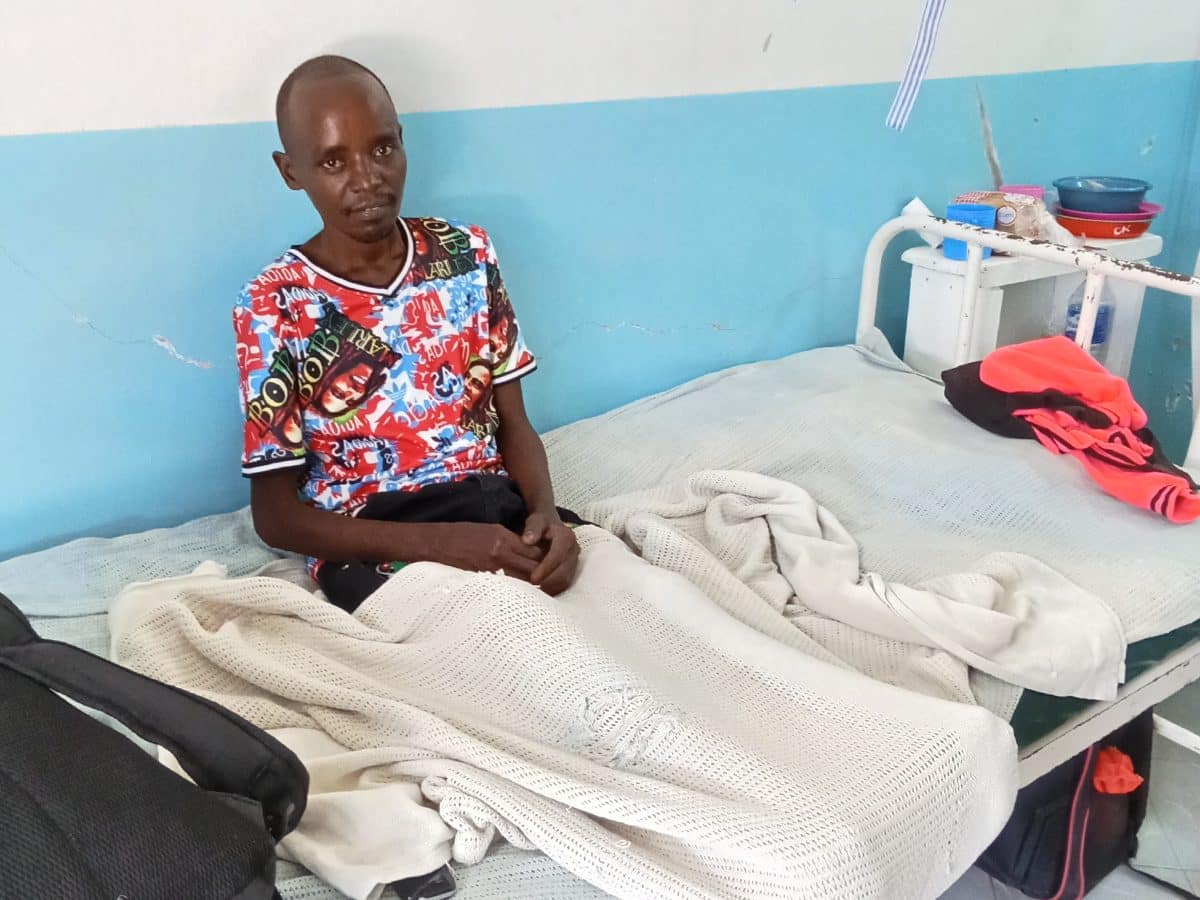Health care providers and community members in Sierra Leone are eager for new ways to protect children from malaria, and Intermittent Preventive Treatment of Infants (IPTi) has potential for national scale-up, according to an ICAP study in Sierra Leone, conducted in collaboration with the Ministry of Health and Sanitation and the U.S. Centers for Disease Control and Prevention.
Health care providers and community members in Sierra Leone are eager for new ways to protect children from malaria, and Intermittent Preventive Treatment of Infants (IPTi) with sulfadoxine-pyrimethamine has potential for national scale-up, according to an ICAP-supported study in Sierra Leone, conducted in collaboration with the Ministry of Health and Sanitation (MOHS) and the U.S. Centers for Disease Control and Prevention (CDC).
Malaria is one of the leading causes of death among children in Sierra Leone, and while IPTi has been piloted in several countries and shown to be effective in reducing malaria incidence and complications in infants, no country has yet taken it to scale. Recommended by the World Health Organization since 2010 IPTi is a full therapeutic course of antimalarial medicine delivered to infants in the context of routine immunization services during the first year of life, when they are at high risk for exposure.
In 2017, Sierra Leone’s National Malaria Control Programme (NMCP) launched an ambitious IPTi program, aiming to implement the treatment nationwide. The first phase of the scale-up took place in four of the country’s 14 districts in 2017. ICAP, in collaboration with MOHS and CDC, conducted a rapid mixed-methods process evaluation, to learn from the first phase of IPTi implementation and inform further scale-up.
“The phased approach used to launch the IPTi program provided a great opportunity to learn from successes and challenges of implementation to inform further scale-up in the rest of the country,” said Maria Lahuerta, PhD, MPH, deputy director of ICAP’s strategic information unit and principal investigator of the evaluation.
The ICAP team conducted health facility assessments; data abstraction; key informant interviews; tests of provider knowledge, attitudes, and practices; and focus group discussions with parents and community members.
The study showed that IPTi was successfully implemented and accepted by providers and community members. The team identified strengths and implementation gaps, and shared them with stakeholders to inform ongoing efforts to scale up IPTi.
“A strong partnership between the NMCP, ICAP, and the CDC helped to ensure a successful phase-one evaluation of the IPTi program,” said Samuel Smith, MD, MPH, FWACP, senior public health specialist and program manager of the NMCP. “ICAP’s technical support continues to be instrumental in the fight against malaria in our country.”
A larger assessment, planned for 2018, will measure the program’s impact on morbidity and mortality. Researchers will assess IPTi coverage and its effect on malaria-related illness and death through a household survey and abstraction of medical records.
“With the support of CDC, ICAP has worked hand in hand with MOHS to strengthen health systems in Sierra Leone,” said Mame Toure, MD, MSc, ICAP’s country director in Sierra Leone. “This project is an example of how ICAP’s technical assistance can contribute to stronger programs and better health outcomes.”







